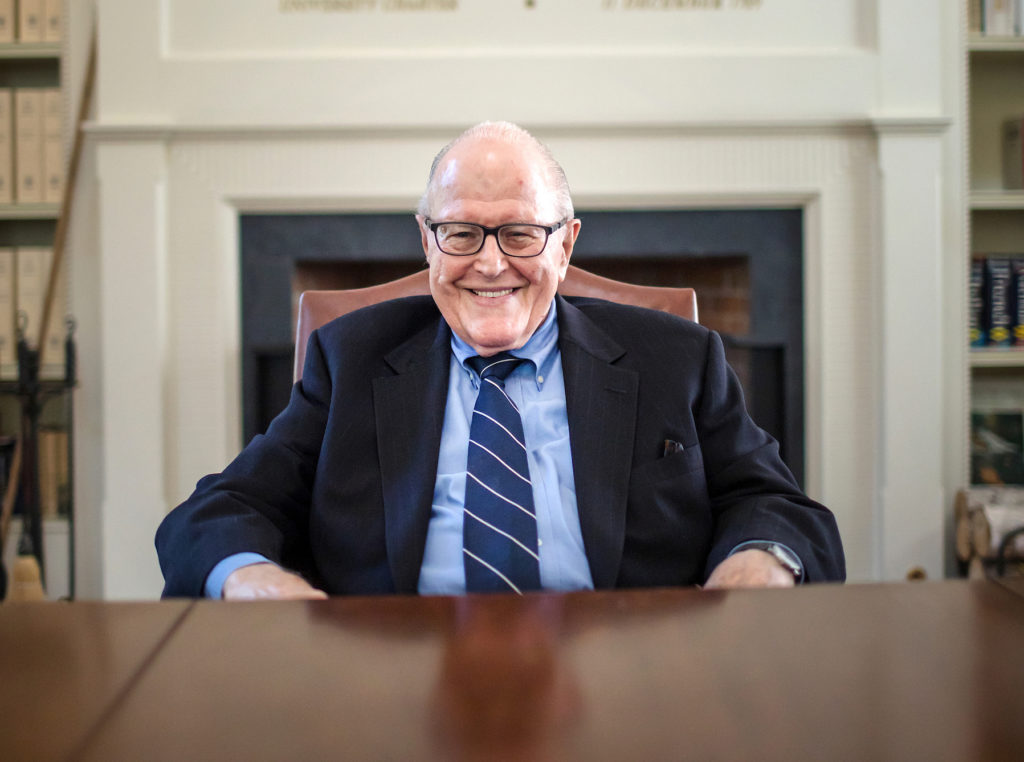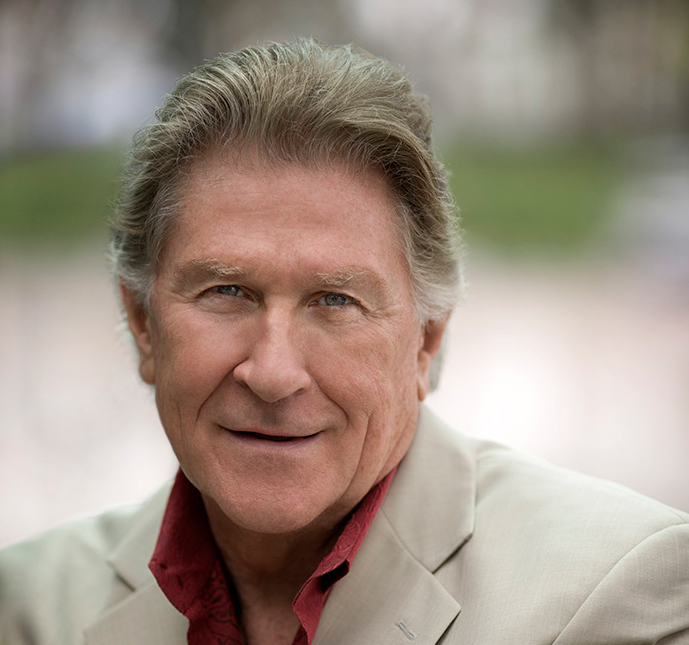 “We want students to certainly be job-ready, but we also want them to be ready to be upstanding citizens and leaders,” sociology professor Andrew Perrin said.
“We want students to certainly be job-ready, but we also want them to be ready to be upstanding citizens and leaders,” sociology professor Andrew Perrin said.
Is the type of person who would opt to go to college naturally more inclined to be a good citizen? Or is it the college experience itself that helps make the person a good citizen?
“The bottom line seems to be that going to college makes people more likely to be good citizens, at least in their young adult years,” said sociology professor Andrew Perrin, whose latest study was recently published in Socius, a journal of the American Sociological Association.

Perrin and his collaborator, graduate student Alanna Gillis, studied the factors that contribute to good citizenship and to what extent higher education is building democratic value.
The study assesses good citizenship based on three civic engagement measures. The first measure is voting. The study looked at voting records from the 2008 presidential election to see how many of the more than 15,000 students in the data set voted. The second measure is voting in a non-presidential election. People who tend to vote in these elections are more likely to be committed to engaging in politics and their community. The final measure is frequent volunteering in the community, defined as volunteering more than once a month.
Students who were part of a program in which they were mentored, and those who did community volunteer work during college, tend to practice better citizenship, including voting and volunteering, the study found.
Perrin and Gillis’s study also found the classes students take influence their level of engagement. For example, students who take more social science and humanities courses are more likely to vote in off-year and smaller elections. The authors suggest that might happen because those classes tend to focus more on understanding arguments, evidence and effective communication.
IDEAs in Action
Perrin’s research also inspired his leadership of the development of Carolina’s new general education curriculum: IDEAs in Action — Identify, Discover, Evaluate, Act.
The goal of IDEAs in Action is to ensure that what students learn prepares them well for further study, as well as for post-graduate lives serving the public as productive employees, entrepreneurs, leaders and citizens in a rapidly changing world.
“The value of college goes beyond getting a job,” said Perrin, also the director of the Institute for Arts and Humanities. “It’s about serving the public and serving the democratic leadership needs of the public.”
In the past, Perrin says that students felt overwhelmed with the many different paths in the College of Arts & Sciences, so the new curriculum is designed to help students discover their passions and talents and pursue those throughout their college careers. First-year undergraduates entering in 2021 will be the first to use the new curriculum.
“We want students to certainly be job-ready, but we also want them to be ready to be upstanding citizens and leaders,” Perrin said. “And we want them to be lifelong learners.”
With IDEAs in Action, the goal is to give students the information they need as well as a better understanding of the greater purpose of the class and the tools to think about the world beyond the classroom.
“I do think that it’s really important that the whole University continues to recognize that the value of higher education goes way beyond its economic impact, particularly in a time when the public sphere is really damaged,” Perrin said. “It’s not about liberal or conservative. It’s really about making those communication channels and that process of exchange better to become an informed citizen.”
By Kyra Miles, The Well




